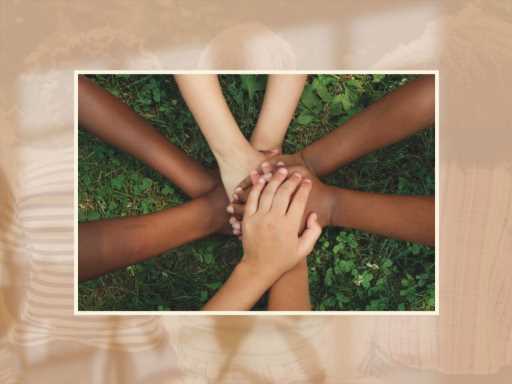https://healthmedicinentral.com/top/can-lexapro-help-heart-palpitations/
We’ve been an adoptive family for close to 15 years. My husband and I chose to adopt after I was diagnosed with type 1 diabetes in my mid-twenties. We knew we wanted to be parents, but we also weren’t willing to put my body through multiple high-risk pregnancies. Adoption was our best option to build our family.
Being two white parents with a newborn, Black baby girl certainly turned some heads. Our adoptive family status was immediately apparent. This brought about plenty of nosy questions, rude comments, and also over-the-top compliments. For example, we were often asked why my child’s birth parents “gave her away.” We were asked why we couldn’t (or didn’t) have our own children. Some strangers declared us “wonderful parents” who gave a “child in need a good and loving home.”
We created responses to every common question, compliment, and comment. They were kind, firm, and always offered education, though at times, clearly conveyed that the conversation was over — because it was spiraling downward, fast. We were and are proud of our family, and our children’s privacy and well-being is more important than a stranger’s curiosity or opinion.
Years later, we are now older and wiser as a family of six. My husband and I have adopted four children as newborns who are now almost-15, almost-13, 10, and 6. All of my kids were adopted domestically and transracially; we are white, and they are Black. As our kids have gotten older and society is more accepting of families who don’t fit the biological norm, the questions, comments, stares, and strange compliments have lessened. Strangers are less likely to approach a family of our size with kids who are older.
However, one question has steadily come up for nearly 15 years: Strangers want to know, desperately and persistently, if our children are “real siblings.”
This question has never ceased to surprise and annoy me. If someone observes our family while out and about for any length of time, it’s glaringly apparent that our kids are siblings. At any given moment, at least two of them (if not all of them) are bumping into one another, bickering, pampering the youngest, whispering together, or acting silly. This is what siblings do, but strangers seem to forget.
My response is always the same. If someone approaches us and asks — in front of my kids or not — if my children are “real siblings,” I say, “Well, they aren’t fake siblings.” This usually puts the person in their place, making them realize how utterly ridiculous they sound.
I know. There are always the Devil’s advocates who will say, “Why don’t you just answer the question? What’s the big deal? Are you ashamed or embarrassed?” Here’s why I am not going to stop what I’m doing (which is spending time with my family) to break down my family’s relationship to a total stranger.
First, my kids are people. They have a right to privacy. They didn’t ask to be adoption’s poster children. My job, as their chosen and second mom, is to always honor, protect, and nurture my kids — not strangers.
Second, my children’s biological, relational status to one another, and to us, is irrelevant to a stranger. Frankly, it’s none of their business. Curiosity is not an excuse to be intrusive, interrogating a family.
Finally, my children’s relationship to one another is on a need-to-know basis. People who need to know are my kids (of course), our nearest and dearest, and my kids’ medical practitioners. If you aren’t on the list, stranger, you aren’t on the list.
The phrasing is absolutely rude. Who defines what is “real” and what isn’t? Biology isn’t the only way to define family authenticity. However, even if a stranger decided to ask me, “Are your kids biological siblings?” they are still acting entitled to information that is none of their concern.
What I find interesting is that my husband and I are not biologically related, yet our relationship and love is absolutely real. How is it any different with children who are in the same family? Biologically related or not — they are still very much real siblings, with real parents, in a real family.
I do believe words matter, but what matters even more is that my children feel safe, loved, and protected. They have a mom who doesn’t hand out their adoption story like a grandma hands out chocolate chip cookies. My children can decide their own who, when, how, and why — with their own adoption story information. I won’t be giving that out to strangers.
Source: Read Full Article

